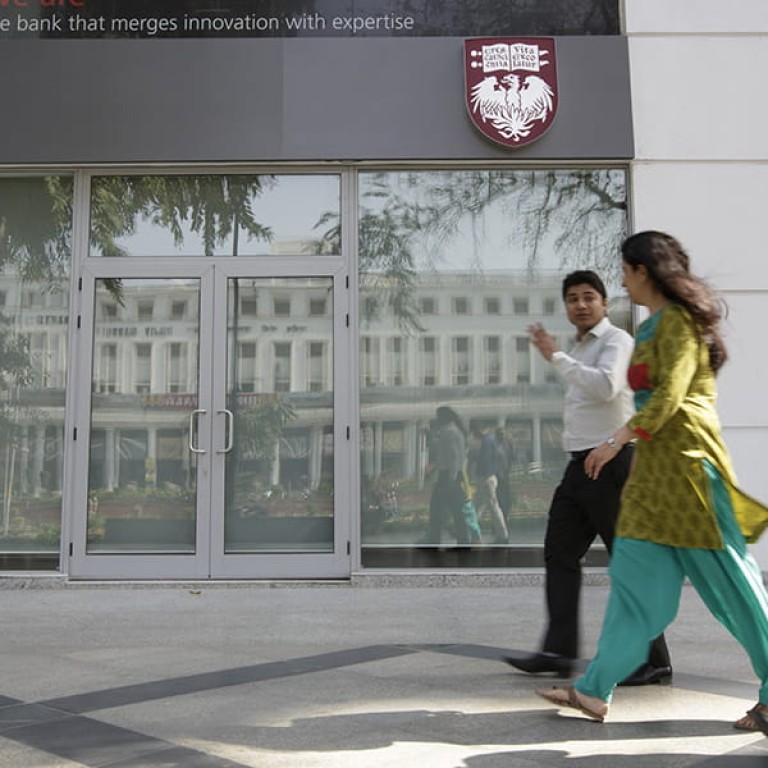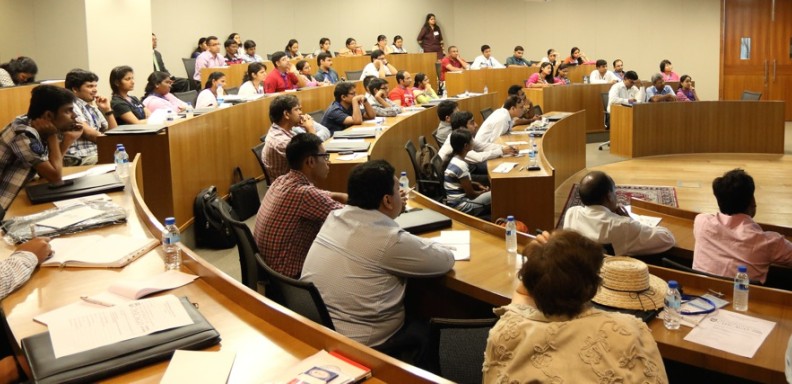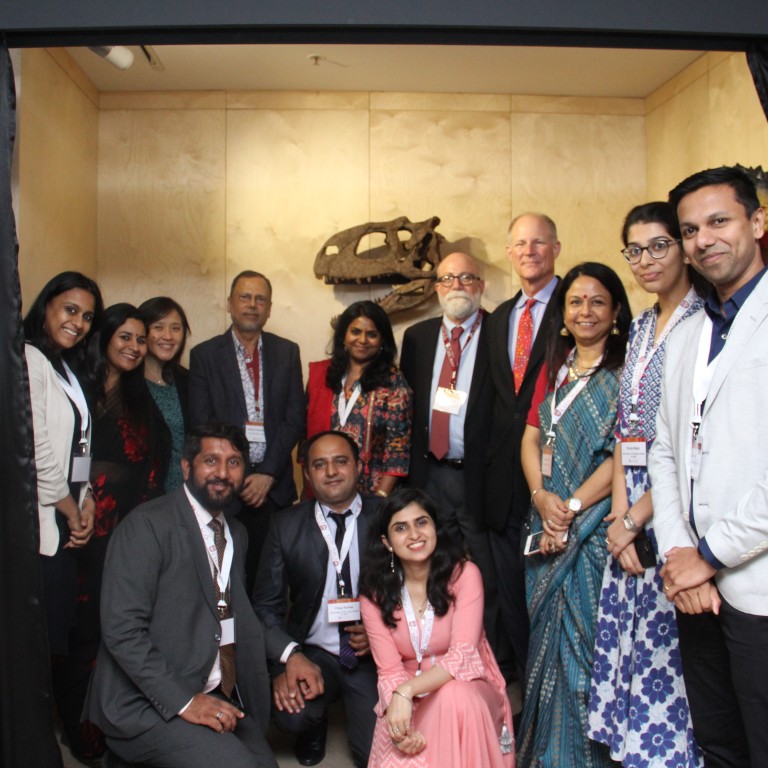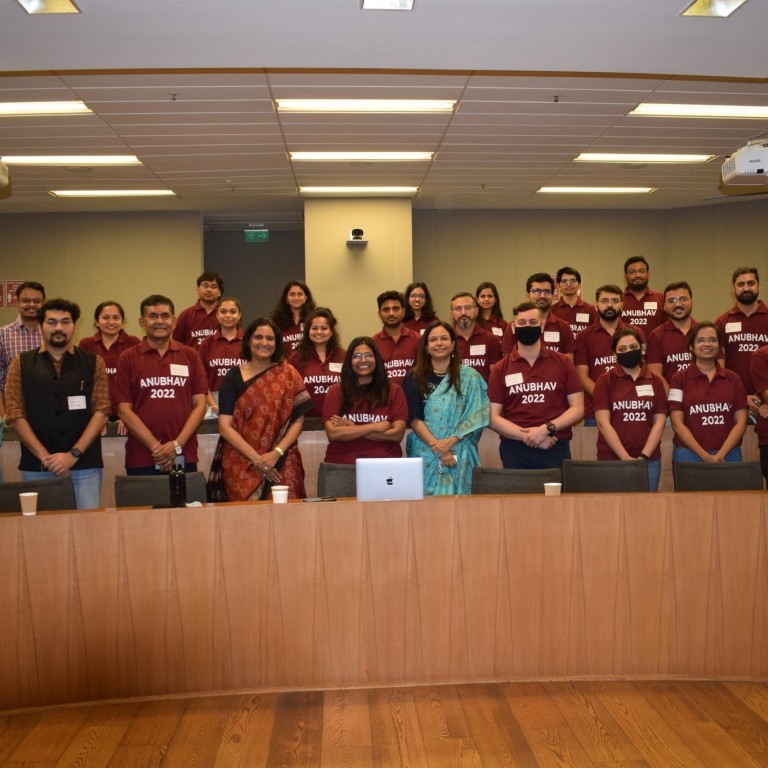Chintan Girish Modi, Firstpost
On 5 and 6 May, trans community members, health professionals, researchers, health advocates and policymakers from various parts of India gathered at the University of Chicago’s Delhi Centre for a national conference on trans-affirmative medical education. It was hosted by a collaborative, community-based initiative called TransCare: MedEd, working towards “developing a set of competencies towards making health professionals’ education in India trans-affirmative and trans-inclusive.”
What does this mean?
We bring you an interview with Dr Aniruddha (Anu) Hazra, Assistant Professor of Medicine at the University of Chicago, who is part of this initiative. He flew down to India to lead the conference, which focused on discussing and disseminating these competencies, and advocating for their inclusion in the national medical curriculum used in India. The participation of community members was crucial because the conference was geared towards sharing best practices, articulating concerns and challenges, and building consensus.
Dr Hazra works in the Section of Infectious Diseases and Global Health at the University of Chicago. Apart from serving as the Medical Director of the UCM (University of Chicago Medicine) Sexual Wellness Clinic, he is also the Director of STI (Sexually Transmitted Infections) Services at the Chicago Centre of HIV Elimination.
He responded to our questions over email.
How do you define trans-affirmative health care? What does it look and feel like to trans persons?
I define trans-affirmative health care as the provision of care that affirms and validates the lived experiences of my trans patients. Affirming care goes beyond hormone therapy or surgeries. It is an overarching approach to the care of patients that applies to any marginalised population. For trans people, it means accessing competent, compassionate care without judgement or prejudice, and building a trusting therapeutic relationship with their physician.
What kind of training do doctors require in order to be trans affirmative in their clinical practice?
Training and sensitisation need to start early in medical education. A basic understanding of gender and sexuality is needed, and physicians need to challenge their own held biases and stigmas. Most importantly, we need to de-pathologise queerness and gender diversity.
How do your research and clinical interests around sexually transmitted infections (STIs) among gender and sexual minorities feed into the work you are doing with trans affirmative medical education?
Part of providing affirming health care is being able to provide comprehensive sexual health care as well. I do a lot of work with medical trainees in the US on how to approach sexual health in an affirming way for all patients. Much of my clinical and research interests are grounded in the understanding that sexual health is not merely the absence of disease. In fact, we are trying to shift much of the disease-centric focus in the sexual health realm here in the US through improvements in medical education much like TransCare MedEd.
HIV awareness work often frames gender and sexual minorities as at-risk populations. In your view, does this framing help them access healthcare or does it further stigmatise and isolate them?
In my work, I make a deliberate effort not to conflate STIs with gender and sexual minorities. There is nothing inherently about this marginalised population that places them at high risk of HIV/STI transmission. Rather, it is the position that society and other structures place them in that increases their risk. Destigmatising the care of trans people and destigmatising sexual health go hand in hand.
What are your thoughts on the International AIDS Candlelight Memorial, an annual campaign coordinated by the Global Network of People Living with HIV? Since 1983, it is being observed on the third Sunday of every May. This year, it is on May 15.
It is an amazing way to honour the lives and legacy of people living with HIV. It is also an amazing opportunity to get involved in advocacy and activist efforts to support the needs of the global HIV movement today.
Tell us about the conference you led in Delhi on the topic of trans-affirmative medical education. What objectives did you set out to accomplish? Who participated?
The two-day National Conference on Trans-Affirmative Medical Education in New Delhi invited trans people, medical professionals, advocates and researchers from all across the country to discuss the rich diversity of lived experiences with respect to the medical system. The conference explored the narratives of marginalisation within the system, the possibilities of inclusion, and how we can work towards structural change for making the health system an affirming space for transgender people.
Which organisations and collectives did you collaborate or partner with?
The project collaborators were University of Chicago, Sangath, University of Chicago Bucksbaum Institute of Clinical Excellence, and Kasturba Medical College.
The conference partners were United States Agency for International Development (USAID), President’s Emergency Plan for AIDS Relief (PEPFAR), Solidarity and Action Against the HIV Infection in India (SAATHII), and United Nations Development Programme (UNDP).
What insights did you take back from trans community members at the conference? What follow-up activities do you plan to initiate or support to ensure that the insights are incorporated into Indian medical curriculum and medical textbooks?
The conference first and foremost showcased the vibrancy and fierce advocacy power of the trans community. Over the next several weeks, the drafted competencies will be further refined from community feedback. We have received additional funding to expand our work to encompass general LGBTQ+ competencies and present these to national stakeholders.
Who is providing this additional funding?
University of Chicago Delhi Centre, Provosts Global Faculty Award 2022-2023



